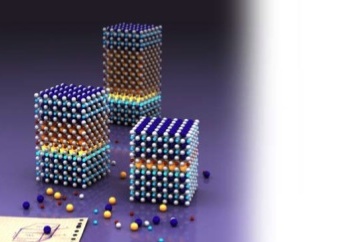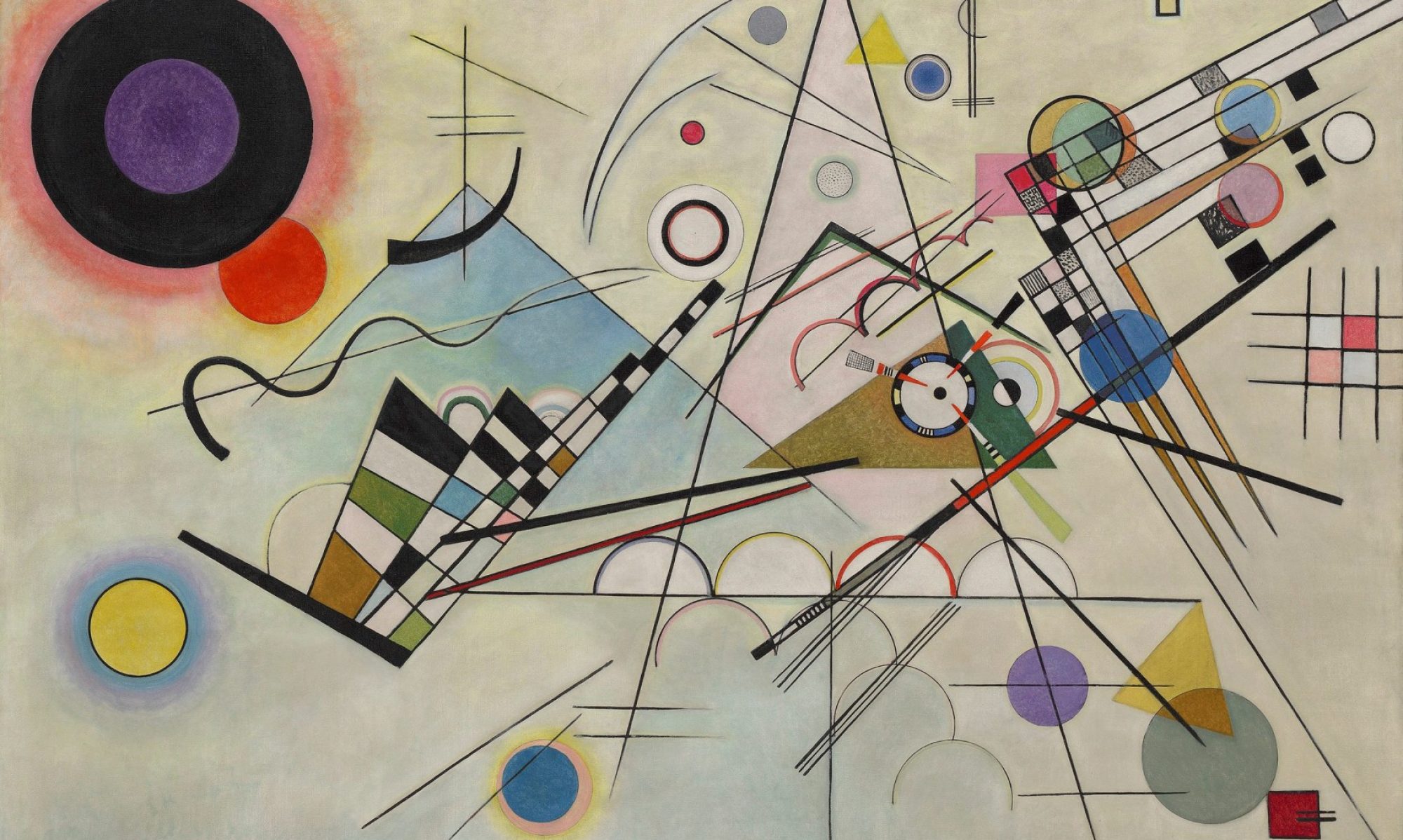Today I start officially as PhD-student in Theoretical Physics under the supervision of Hans Hilgenkamp, Jan Zaanen and Jeroen van den Brink. The latter two are professors in theoretical physics at the Lorentz Institute, Leiden University. Professor Hans Hilgenkamp, from Twente University, is the main supervisor since he got a Vici-grant for our research.

The Vici is granted to Hilgenkamps’ proposal which is titled “Opposites attract; Electron-hole dances in coupled p- and n-type Mott-conductors“. The goal of the research is to realize and investigate new states of matter by coupling p-type and n-type Mott materials.
The electronic and magnetic properties of Mott insulators/conductors are governed by electron-electron interactions, leading to very rich phase diagrams. Heterogeneous Mott systems consisting of compounds with different electronic doping content are destined to exhibit even more tantalizing behaviour, resulting from the emergence of electronic phases that cannot be stabilized in a homogenous bulk material. Especially interesting will be the interplay between p- and n-doped materials.
In particular, the formation of exciton-like states is expected in such p-n systems, with properties very different from the standard Wannier excitons in semiconductors. Appealing aspects are the wide range of attainable exciton densities, their potential longevity and especially the intricate coupling to the surrounding unpaired electron and hole states. This provides a prospect to achieve an exciton Bose-Einstein condensate at very high temperatures, of which the implications for the transport properties of the overall composite Mott-system are as yet unclear. Also other forms of electron-hole quantum liquids are foreseen, and it is Hilgenkamps vision/dream that these may promote the formation of a current carrying, i.e. superconducting state at record high temperatures.
Hilgenkamps group in Twente will experimentally investigate various hybrid structures composed of Mott compounds with different doping states, using the advanced thin film deposition and low temperature characterization facilities available at the University of Twente (2 Ph.D projects and a post-doc). It will be of great interest to let these experimental studies go hand in hand with theoretical investigations on such inhomogeneous Mott systems, which is largely terra incognita. This will be done in the form of my Ph.D project, jointly between the Universities of Twente and Leiden, facilitating a strong interaction with Leiden’s leading theoreticians in this field of strongly correlated condensed matter.
Keywords: Mott Metal-Insulator Compounds; Excitons; Bose-Einstein Condensation in Electronic Systems; High-Tc Superconductivity; Complex Oxide Thin Film Heterostructures.

One Reply to “Vici project “Opposites attract” starts”